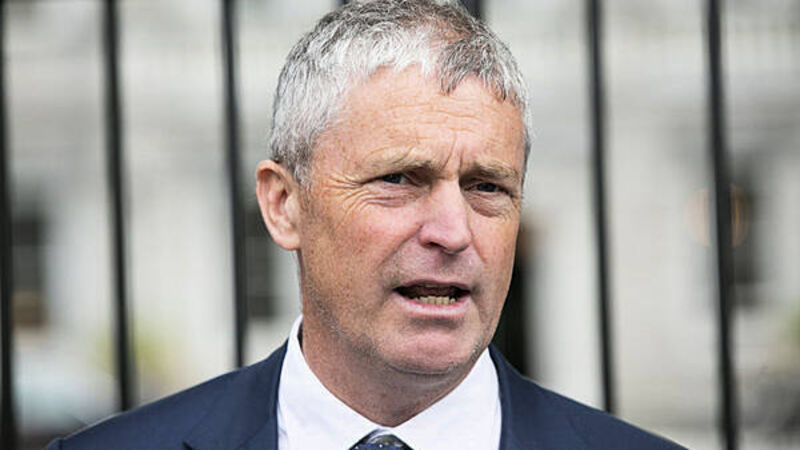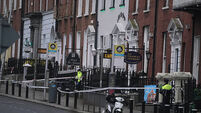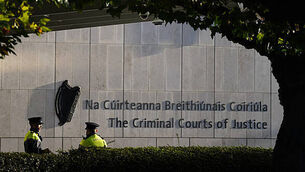Government will contest Sinn Féin TD's 'simplistic but false' claims, Attorney General says

Ann O'Loughlin
A special three-judge divisional court might have to be convened to hear a Kerry TD's High Court challenge to super junior ministers attending cabinet meetings.
The Government will contest the action that is based on “simplistic but false” claims alleging the appointment of “super juniors” who attend Cabinet is unconstitutional, the Attorney General today told the High Court.
Rossa Fanning said “prompt” determination of Sinn Féin's Patrick 'Pa' Daly’s case is in the public interest, given the nature of the constitutional issues arising.
He concurred with Mr Daly’s lawyers that it might be appropriate for the challenge to be heard by a special divisional court, which would see it heard by not just one High Court judge, but by three sitting together.
The Kerry TD's case cites article 28 of the Constitution, which limits the number of government members to 15, including the taoiseach.
In facilitating more non-government ministers of state at Cabinet, the government is “acting contrary” to the 15-person limit and to the “expressed wish of the people of Ireland”, he claims.
Making a rare in-person appearance at the High Court, the Attorney General said it is “necessary” for more than 15 people to attend meetings of government.
Mr Fanning said he was appearing for all of the respondents to the case: his own role of Attorney General the Taoiseach and Ireland. The four current affected super juniors have elected not to participate in the case.
They are Fine Gael’s Hildegarde Naughton and Regional Independent Group members Seán Canney and Noel Grealish. Fianna Fáil’s Mary Butler is also a minister of state attending cabinet in addition to being the government’s chief whip.
The Attorney General said Mr Daly’s case is “based on the simplistic but false equivalence between, on the one hand, attending meetings of government and, on the other hand, being a member of government”.
The State will have to put evidence of facts before the court relating to the practice of the chief whip and the attorney general’s historical attendance at Cabinet and government meetings despite not being members of the government, said Mr Fanning.
It is important he submits not just information about current practices, but also historic evidence, he added.
He disagreed with the other side’s assessment of the urgency of the case, given super junior appointments have been occurring “without interruption” for more than 30 years, with the chief whip position going back even further. Mr Daly first sent a letter setting out his concerns about the practice five years ago, Mr Fanning said.
However, he said the case should be resolved promptly in the public interest, and it could be heard as early as May and by July at the latest. His side will submit their defence within six weeks, ahead of the case returning on April 1st.
Ms Justice Mary Rose Gearty said the question of a divisional court hearing the judicial review can be decided at a later point, after the opposition papers have been filed.
Feichín McDonagh, senior counsel for Mr Daly, said he will have to see the State’s response before ruling out the option of cross-examining individuals on their evidence.
Senior government ministers are appointed by the president of Ireland on the advice of the taoiseach and with the prior approval of Dáil Éireann.
“Ministers of state attending Cabinet”, who are colloquially known as super juniors, are appointed by the government on the nomination of the taoiseach. They participate at government meetings but do not vote.
Government members are bound by constitutional obligations of confidentiality at government meetings, while, Mr Daly alleges, “ministers of state who are not members of the government are not so bound and the Constitution does not contemplate their attendance on a regular basis or at all”.
He also claims the use of public funds to provide an allowance to ministers of state is inconsistent with the Constitution.
He is asking the High Court to declare that the super juniors’ attendance at government meetings is unconstitutional.
Mr Daly says he understands that the first time a minister of state other than the chief whip attended cabinet was in 1994 and the practice has been continued by every incoming government since.









